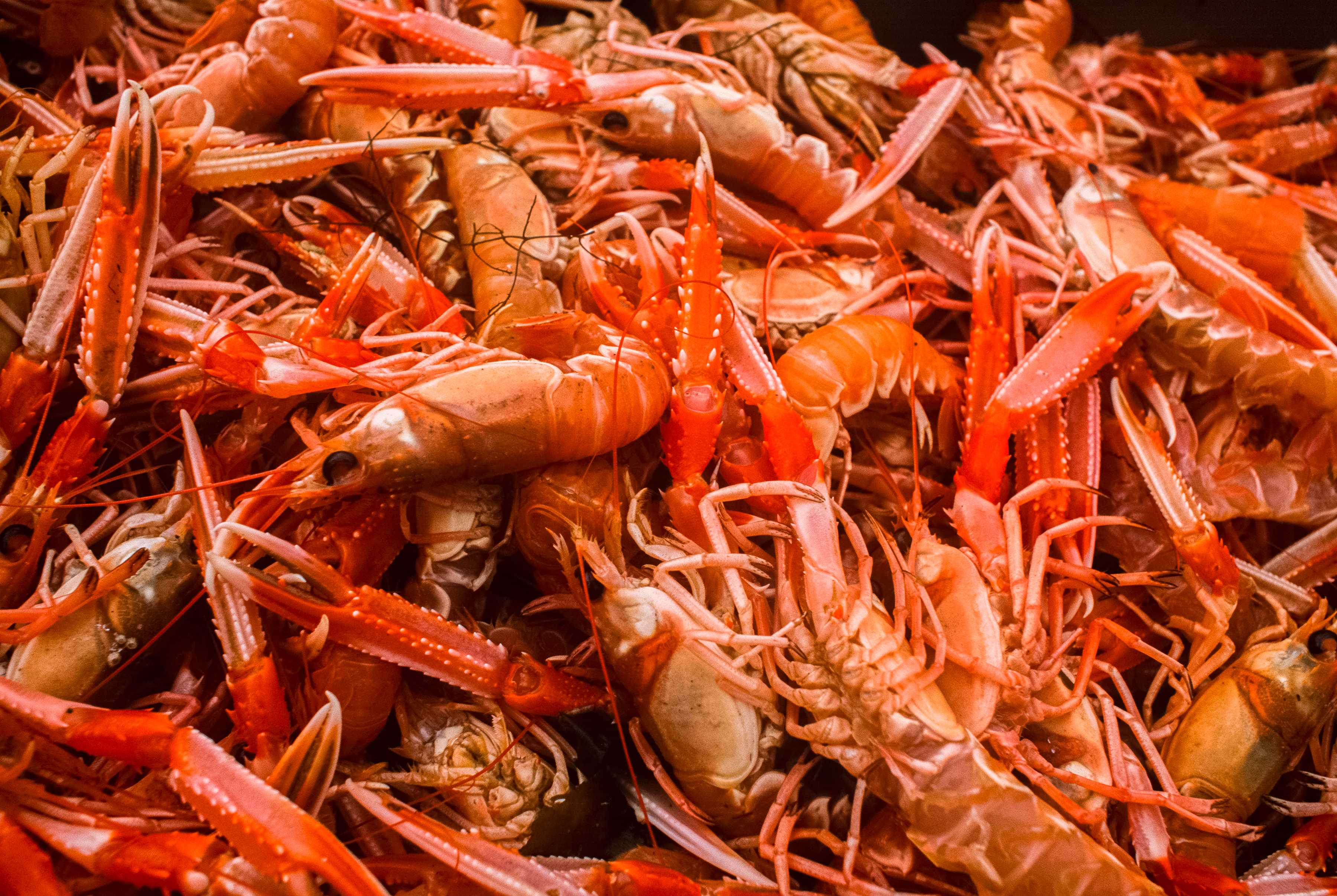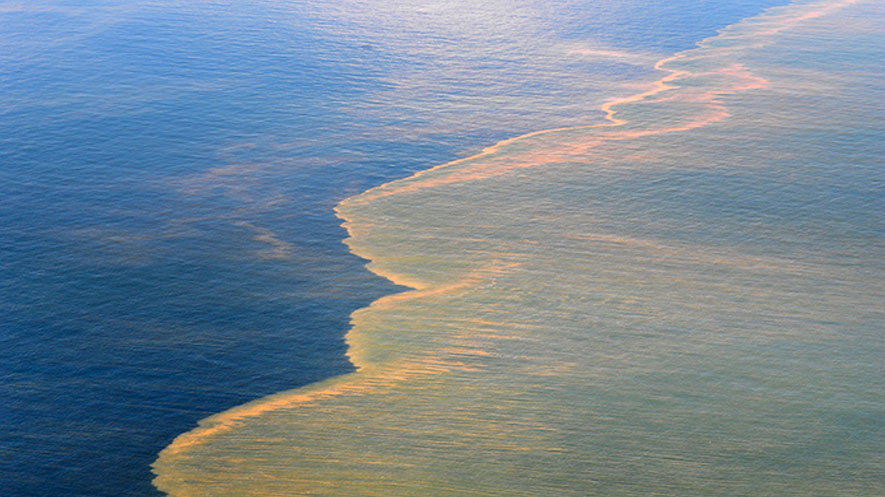As the standard of living has increased in developed countries over the past 50 years, so has the consumption of oil. We rely on petroleum-based products to help fuel our cars, heat our homes and even package the food that we buy. But this huge demand for oil means that vast amounts are extracted and transported across our oceans each year.
There are 184 offshore oil rigs in the North Sea alone and in 2015, 59 billion barrels a day were transported via maritime routes, this accounts for 61% of the world’s total. But the consequences of such large production have been clear. Since the 1970’s we have seen some of the worst oil spills, most notably the 1991 Gulf War spill and the Deepwater Horizon spill of 2010 which released approximately 1000 tonnes and 560 tonnes of crude oil into the ocean respectively.
Oil spills in the marine environment pose a huge threat, not only to wildlife but also to the availability of natural resources and therefore the economy of surrounding nations. And the cost of cleanup for companies such as ExxonMobil and BP are staggering. After the Deepwater Horizon disaster, BP has lost approximately $65 billion in cleanup operations and fines. And so, it is in the best interest of not only the environment but also the companies involved, that we develop efficient ways of cleaning up oil spills.
 Currently, there are multiple techniques being used by companies such as Oil Spill Response Ltd to try and extract as much oil as possible from the marine environment. These include burning on site, oil booms which help prevent oil slicks from spreading, and sorbents which suck up the oil from the surface water like a sponge. But perhaps the most effective tool currently being used are dispersants. This method works by using fertilizers to help break down the oil slick so that they disperse into droplets in the water. The formation of small droplets allows for a faster breakdown of the oil because there is a larger surface area for microbial growth and the droplets are more likely to be broken down by weathering processes such as wave action.
Currently, there are multiple techniques being used by companies such as Oil Spill Response Ltd to try and extract as much oil as possible from the marine environment. These include burning on site, oil booms which help prevent oil slicks from spreading, and sorbents which suck up the oil from the surface water like a sponge. But perhaps the most effective tool currently being used are dispersants. This method works by using fertilizers to help break down the oil slick so that they disperse into droplets in the water. The formation of small droplets allows for a faster breakdown of the oil because there is a larger surface area for microbial growth and the droplets are more likely to be broken down by weathering processes such as wave action.
However, there have been concerns about the toxicity of dispersants and the effects they have on marine life. Studies have shown that the use of dispersants can affect coral larvae, moving behaviour in crustaceans and the breathing rate of fish. Therefore, dispersants with a low toxicity but are still highly efficient are much desired. Research has suggested that using proteins from natural sources may be the next step in tackling this issue. Proteins are long chains of amino acids that form the building blocks of life and perform hugely important roles in nature such as immune response. By cutting these long protein chains into smaller pieces, scientists have found that some of the proteins functional properties are enhanced allowing them to turn the oil into small droplets.
Researchers at the Faculty of Engineering and Applied Science, Memorial University, Canada, have recently released a paper in Environmental Science and Pollution Research which attempts to use the broken-up protein from shrimp waste as a green alternative to oil dispersants. In Newfoundland alone, over 100,000 tonnes of shrimp are caught a year, leaving behind huge amounts of solid waste which contains approximately 30-40% protein. The relatively high abundance and high protein content make shrimp waste an excellent candidate for a new green dispersant.
Their results showed that the broken-down protein achieved a similar dispersant effectiveness to that of the popular alternatives already in use, even under conditions that slow the process down such as low temperature. Even more promising is that the protein was readily broken down by bacteria and has a much lower toxicity than its competitors. It has also been suggested that the dispersant could be applied to other products such as washing detergents, pesticides, and material coatings.
By Ellis Moloney



